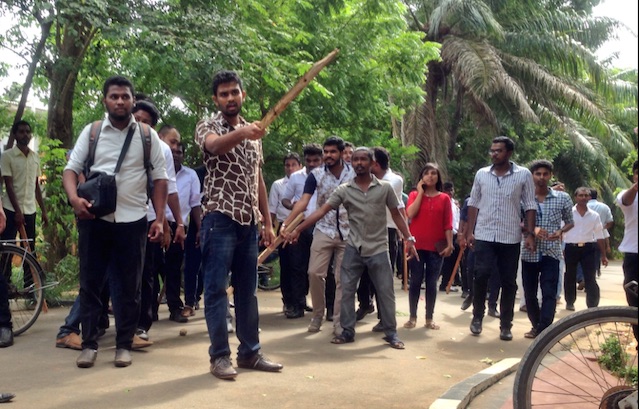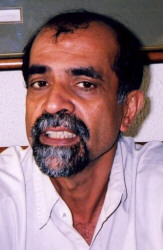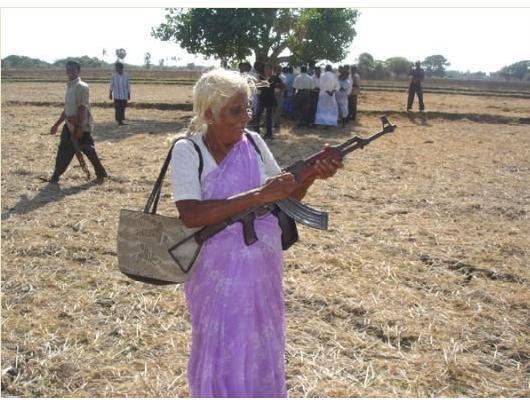The Prime Minister of the Transnational Government of Tamil Eelam, Visuvanathan Rudrakumaran is reading the Tamil Eelam Freedom Charter – May 18th 2013
Positions:
-
We, the people of Tamil Eelam, have an inherent right to self-determination. Subject to Genocide at the hands of successive Sinhala national governments and as an essential measure of protection we wish to establish our own independent and sovereign State of Tamil Eelam.Visuvanathan Rudrakumaran – Prime Minister TGTE
- The creation of an independent and sovereign State of Tamil Eelam remains the only viable option to lead a life with security, dignity and equality, both individually and collectively.
- For over six decades we have struggled, through both non-violent means and armed resistance, to protect ourselves from state sponsored Genocide. We demand the international community organize a referendum to enable us to exercise our right to self-determination and also take all measures to bring to justice the perpetrators of Genocide against the Tamil people.
- The North-East of Sri Lanka is our traditional homeland and will be the territory of the State of Tamil Eelam. The maritime and aerial limits of Tamil Eelam will be established according to international laws.
- The independent state of Tamil Eelam will embrace wholeheartedly the Universal Declaration of Human Rights and all international human rights and humanitarian treaties and conventions.
- A Constituent Assembly, elected by the people, shall draft the Constitution. The Constitution will avoid any concentration of power in one authority or person and enshrine the independence of the Legislature, the Executive and Judiciary. Tamil Eelam shall be a Republic adhering to the laws enacted by a Parliament of elected representatives chosen through direct voting by the people. The people shall have the right to recall their elected representatives.
- No religion shall be given the foremost place in Tamil Eelam. The freedom to worship and the cultural right to practice religious traditions shall be ensured.
- Tamil Eelam will prohibit capital punishment.
- The state of Tamil Eelam shall guarantee Constitutional protection of individuals, families and communities from any form of discrimination on the basis of religion, ethnicity, language, caste, gender or sexual orientation.
- The rights of all minority groups in Tamil Eelam will be respected and safeguarded. The distinct identity of Muslims will be recognized. They shall have the right to participate in formulation of their role in Tamil Eelam. Whenever the hill country Tamils choose to settle in Tamil Eelam, citizenship rights will be extended to them forthwith and the state shall implement special programs for their welfare.
- All freedom fighters shall be honored as national heroes. All those who sacrificed their lives shall be honored as martyrs. The welfare of the families of the martyrs and cadre shall be the responsibility of the state. All civilians who lost their lives during the freedom struggle shall be remembered through a national monument. May 18 will be established as a National Day of Mourning and November 27 will remain as the National Maaveerar Day.
Foreign Policy
12.
Tamil Eelam shall maintain close relations with all nations that have
democratically elected governments. Expressing solidarity with the
people of India and to foster peace and security in the Indian Ocean
region, Tamil Eelam will forge a special relationship with India.
Economic Policy
13. The economic policy of Tamil Eelam will be shaped with the needs
and resources of the people of Tamil Eelam in mind and to cultivate
global cooperation as well as recognizing the significant role of the
Tamil diaspora.
Language Policy
14. Tamil, Sinhala and English shall be the official languages of Tamil Eelam.
Education Policy
15. Education shall be compulsory and free for all.
Health Policy
16. Health will be a fundamental right and all citizens will have access to free healthcare.
Development Policy
17. Development includes economic as well as social, human resource
and cultural development in a sustainable way. An important goal of
development policy would be to create social equity and minimize
disparities.
18. Some of the objectives of development projects in Tamil Eelam will be to ensure that all citizens have:
– their own shelter;
– basic livelihood
– adequate nutrition, especially for children, pregnant mothers and the elderly
– protection from infectious diseases
Environment Policy
19. Land, water and space resources within the territory of Tamil
Eelam will be conserved. Large-scale reforestation projects, especially
of the Palmyra resource destroyed during the war, will be undertaken as a
priority.
20. Emphasis will be given to renewable energy forms such as solar,
wind and wave. All non-renewable resources will be used cautiously
keeping in mind the needs of future generations.
Citizenship Policy
21. Citizenship will be extended to all those born in the homeland or
descended from those born in the homeland. Provisions will be made for
obtaining citizenship through naturalization and also for holding dual
citizenship. (Colombo Telegraph)







 In
2011 the Pathfinder Foundation (PF) and the Institute for the Study of
Human Rights (ISHR) of Columbia University initiated a joint project
entitled, “Historical Memory as a Tool for Conflict Resolution” with the
objective of engaging scholarly and intellectual participation in the
country’s post conflict peace building and reconciliation effort.
In
2011 the Pathfinder Foundation (PF) and the Institute for the Study of
Human Rights (ISHR) of Columbia University initiated a joint project
entitled, “Historical Memory as a Tool for Conflict Resolution” with the
objective of engaging scholarly and intellectual participation in the
country’s post conflict peace building and reconciliation effort.